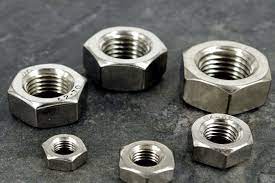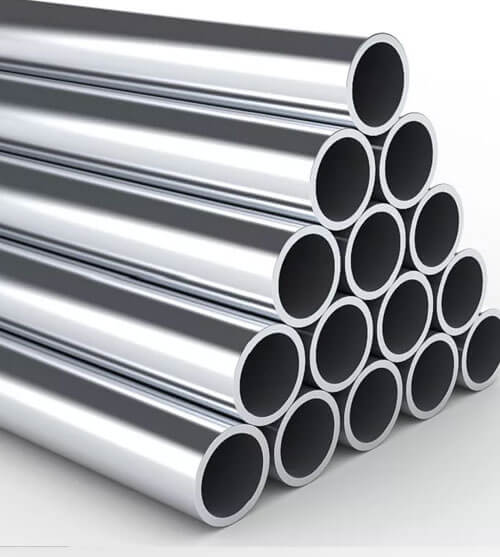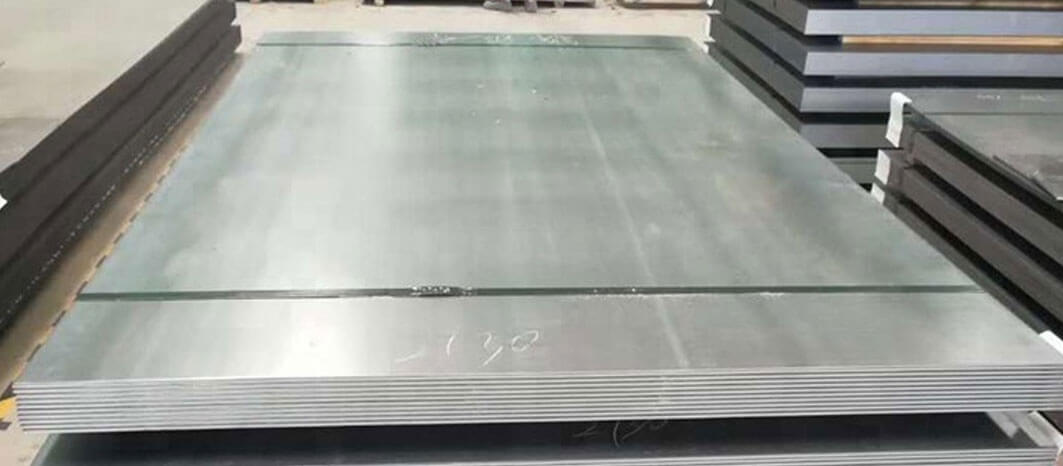What Are Stainless Steel Nuts?

SS Nuts, also known as hex nuts, are defined by their hexagonal shape. They come in varying sizes, from tiny M2 screws to larger M48 screws, and have different thread pitches depending on the application. They’re made from stainless steel for enhanced durability and corrosion resistance.
Properties of Stainless Steel Nuts
Stainless Steel Nuts are a type of fastener made of stainless steel alloy with a minimum of 10.5% chromium content. This gives stainless steel nuts excellent properties, some of which include the following:
Corrosion resistance: SS nuts have excellent corrosion resistance due to their high chromium content. They are resistant to rust, stains, and corrosion in various outdoor, marine, and chemical environments.
Durability: SS nuts are durable and can withstand extreme temperatures, vibrations, and mechanical stress. They can maintain their strength and properties over time, even in harsh environments.
Strength: SS nuts have high tensile and yield strength, which makes them suitable for heavy-duty applications. They can withstand high stress and loads without breaking or deforming.
Hygienic: SS nuts are hygienic and do not support bacterial growth, making them ideal for use in the food and medical industries.
Aesthetic: Stainless Steel Lock Nuts have an attractive and polished appearance that suits them for decorative applications. They can add an aesthetic appeal to products and equipment.
Non-magnetic: SS nuts are non-magnetic, making them suitable for applications that require non-magnetic properties, such as electronic devices and medical equipment.
Applications of Stainless Steel Nuts
Some common applications of stainless steel nuts:
Construction: SS nuts are widely used in construction, particularly in outdoor and coastal environments exposed to moisture and salt. They are commonly used to fasten metal sheets, roofing panels, and structural components.
Automotive industry: SS nuts are used in the automotive industry due to their high corrosion resistance and durability. They are commonly used to fasten engine components, exhaust systems, and other vehicle parts.
Marine industry: SS nuts are extensively used in the marine industry due to their excellent resistance to saltwater corrosion. They are used to fasten boat fittings, anchors, and rigging.
Chemical industry: Stainless steel nuts are used in the chemical industry, exposed to harsh chemicals and corrosive environments. They are commonly used to fasten pipes, valves, and tanks.
Food and beverage industry: SS nuts are used in the food and beverage industry due to their hygienic properties and resistance to corrosion. They are commonly used to fasten equipment such as conveyor belts, tanks, and pumps.
Medical industry: SS nuts are used in the medical industry due to their non-reactive nature and resistance to corrosion. They are used to fasten medical equipment and implants.
Benefits of Stainless Steel Nuts
The main benefit of using SS nuts is their superior strength and durability compared to other materials like plastic or zinc-plated steel. Their strength makes them perfect for high-pressure applications where regular fasteners just won’t do the job safely. Also, your project will look good for years because stainless steel doesn’t rust easily. Also, their smooth finish prevents any damage from occurring when tightening them down too much—a common problem with inferior products like plastic or zinc-plated metals.
Overall, SS nuts offer great strength and durability while still being cost-effective, making them an ideal choice for any project requiring reliable fastening solutions.




